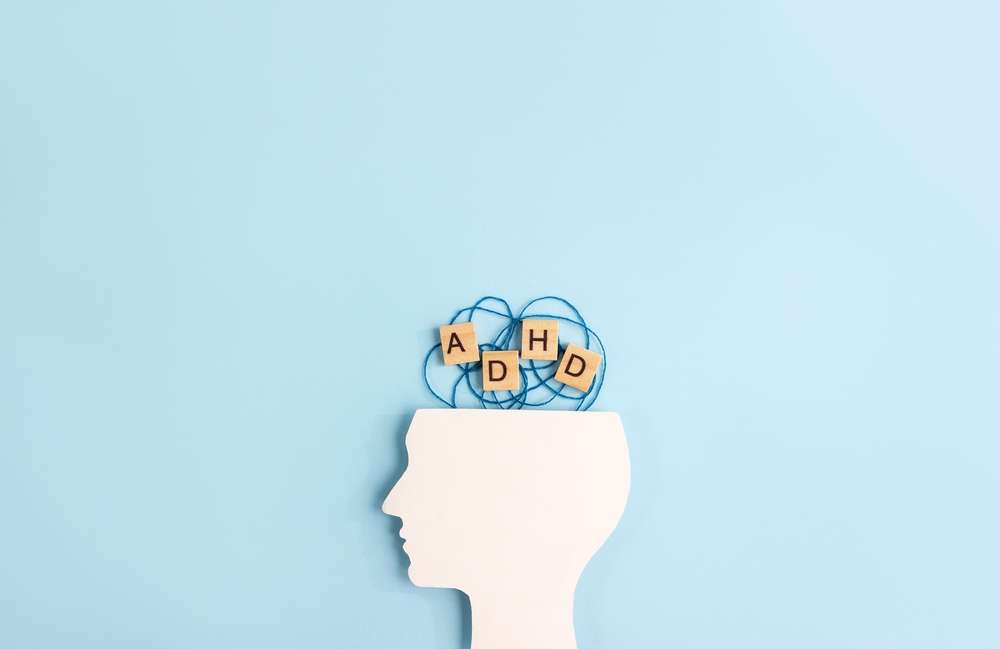Cognitive Behavioral Therapy: Uses and Practical Considerations
Cognitive Behavioral Therapy (CBT) is a structured, time-limited psychotherapy that helps people identify unhelpful thinking patterns and change behaviors that contribute to emotional distress. Originally developed for depression, CBT is widely used for anxiety, stress, insomnia, and many other conditions. It emphasizes practical skills—like problem solving, activity scheduling, and cognitive restructuring—that patients can apply in daily life to manage symptoms and improve functioning.

This article is for informational purposes only and should not be considered medical advice. Please consult a qualified healthcare professional for personalized guidance and treatment.
How can CBT support memory concerns?
CBT does not directly restore lost neurological memory capacity, but it can support people who experience memory-related worries. When anxiety, depression, or poor sleep impair attention and working memory, CBT techniques (such as mindfulness, structured routines, and cognitive strategies) can reduce anxiety-related distraction and strengthen encoding and recall habits. Therapists often teach compensatory strategies—like external reminders, chunking information, and habit cues—that improve day-to-day functioning. For those whose memory problems are medical in origin, CBT can complement medical assessment and help manage the emotional impact of memory decline.
Can CBT help seniors?
CBT can be adapted for older adults and is used to treat late-life depression, anxiety, insomnia, and adjustment to health changes. Treatment typically respects sensory or mobility limitations and often focuses on behavior activation, cognitive restructuring, and problem-solving therapy. When addressing cognitive complaints in seniors, clinicians will distinguish between treatable mood-related cognitive changes and neurodegenerative conditions; CBT is most effective for the former. Group formats and brief, skills-focused sessions can be particularly accessible for seniors, and therapists may collaborate with primary care providers to ensure coordinated care.
How does CBT address confusion and disorientation?
Confusion or disorientation can arise from many sources—acute medical issues, medication effects, sleep loss, anxiety, or cognitive disorders. CBT is helpful when confusion is driven or worsened by anxiety, panic, or maladaptive thought patterns (for example, catastrophizing about normal forgetfulness). Techniques include reality testing, structured problem solving, and grounding exercises to reduce acute distress. However, persistent or worsening disorientation warrants medical evaluation; CBT should not replace neurological or medical assessment when confusion may indicate delirium or dementia.
What role does family support play in CBT?
Family support often enhances CBT outcomes, especially when behavior change or routine adjustments are needed. Family members can help reinforce new skills, provide reminders, assist with activity scheduling, and participate in psychoeducation so everyone understands what to expect. In the context of seniors or individuals with cognitive impairment, family support may include implementing compensatory strategies, monitoring medication effects, and coordinating care with health professionals. Therapists may involve family in selected sessions to teach communication strategies, boundary-setting, and ways to reduce unhelpful reassurance cycles that maintain anxiety.
How can CBT aid early detection and intervention?
CBT providers frequently screen for underlying causes of cognitive or emotional symptoms and may identify early signs of mood disorders, anxiety disorders, or functional cognitive problems. While CBT is not a diagnostic tool for neurological disease, clinicians trained in CBT can flag concerns—such as progressive memory decline, new-onset disorientation, or atypical cognitive symptoms—and refer patients for neuropsychological testing or medical evaluation. Early detection of treatable contributors (sleep disorders, medication side effects, depression) allows for timely interventions that may improve cognitive function and quality of life.
CBT combines practical skills training with behavioral changes and cognitive reframing to reduce distress and improve daily functioning. For people experiencing memory complaints, confusion, or emotional distress—whether seniors or younger adults—CBT can offer strategies that complement medical evaluation. Family support and coordinated care increase the chances that skills learned in therapy will be applied consistently. If cognitive symptoms appear sudden, progressive, or severe, medical assessment is essential to rule out underlying medical conditions before or alongside psychological treatment.
Sources






